FFTS Partners with County to Fund Expanded Learning Opportunities
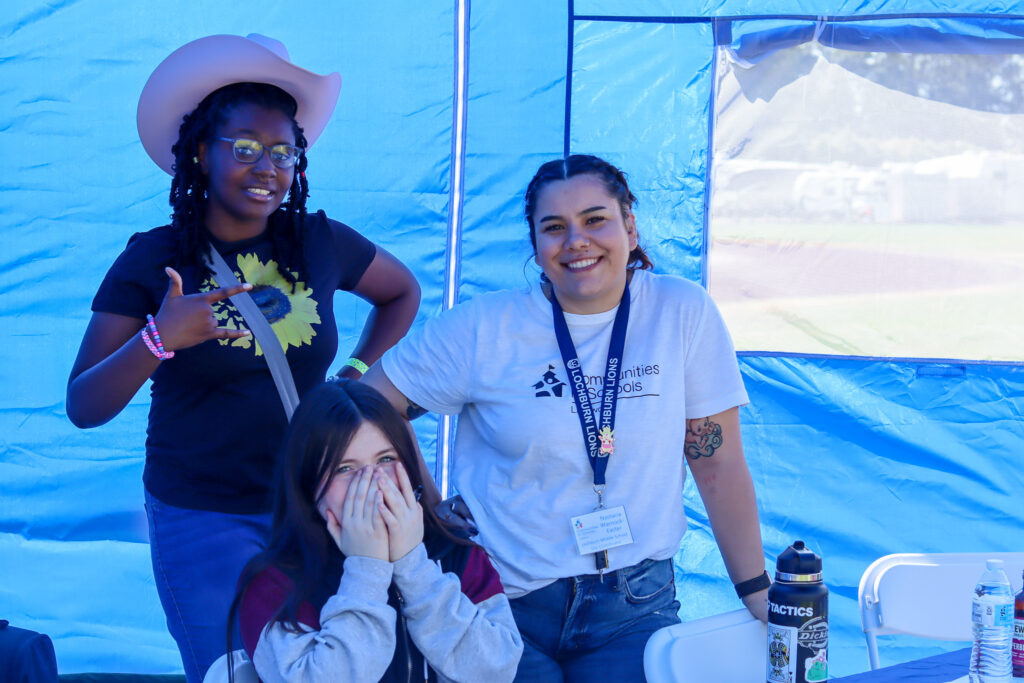
The Foundation for Tacoma Students (FFTS) is proud to announce the awarding of 20 grants totaling $575,000 to local organizations through the Expanded Learning Opportunities (ELO) fund. In partnership with Pierce County, these grants will support critical out-of-school programs for youth who have been disproportionately impacted by the COVID-19 pandemic
How Policy Can Equip Educators and Empower Students

If we are to advance education justice, we must address the systemic barriers that prevent our students from accessing the excellent educators they deserve. Research confirms what we know – […]
Funding the Future: Achieving Equity in Washington’s K-12 Education System
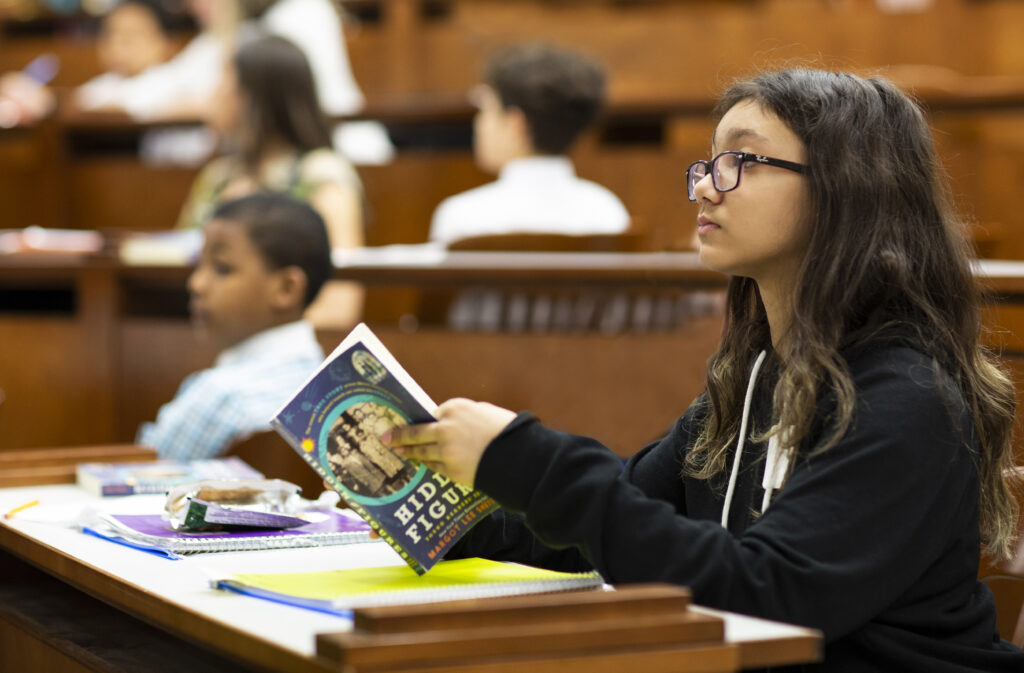
We acknowledge that many advocates across Washington State believe it is time to rethink how Washington funds public education. As an ally and advocate for education justice, we offer these […]
Sustaining the Fight for Equity Post-Supreme Court Ruling
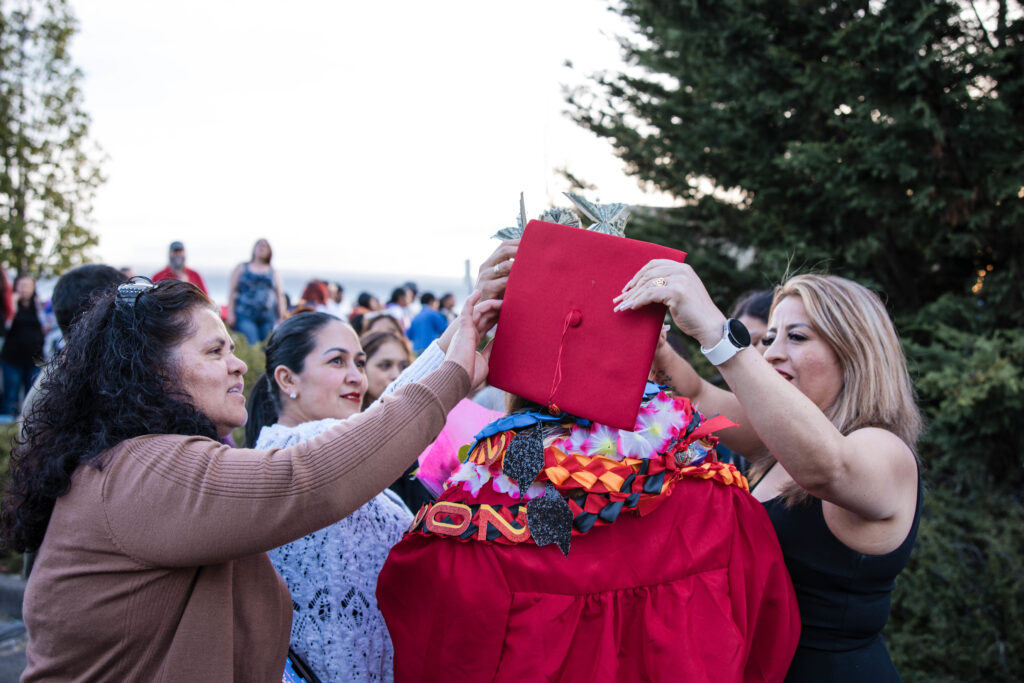
The path to racial and social justice in our country is marked by significant obstacles. Last week’s Supreme Court ruling against affirmative action presents another hurdle in achieving equity and […]
2023 Washington State Legislative Session Recap

The 2023 legislative session wrapped up on April 23. It’s fair to say that lawmakers and the governor notched significant accomplishments toward their priorities around housing, gun safety, and protecting […]
Advocating for Postsecondary Success: Reflections from Advocacy Day
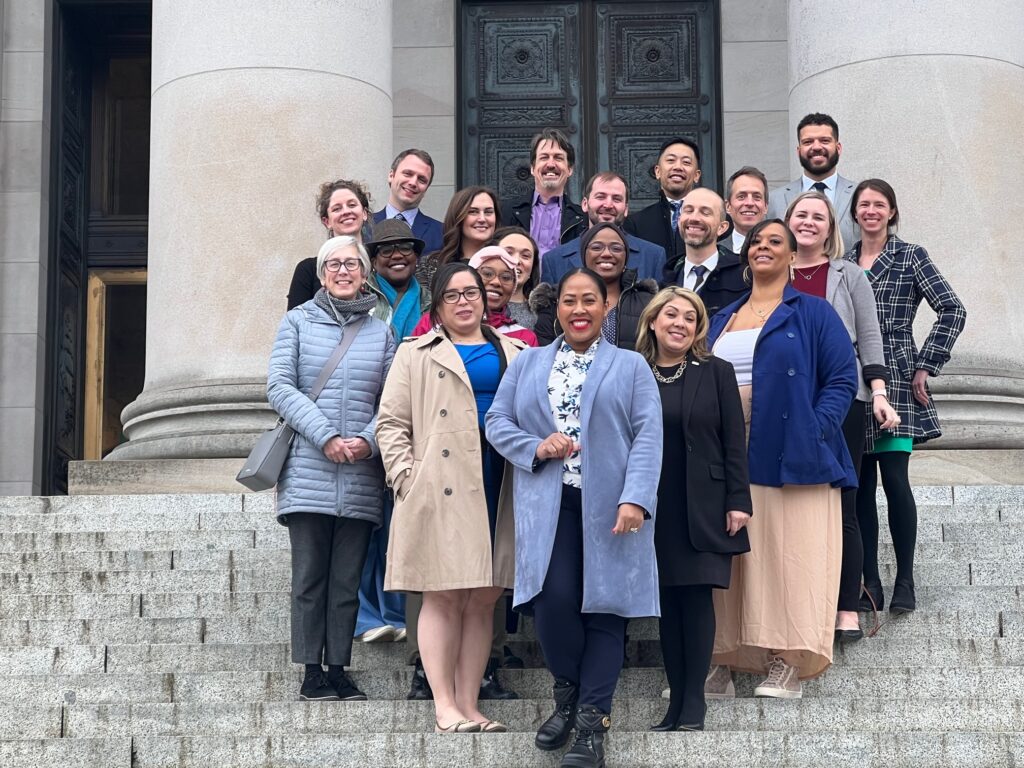
On January 31, the Foundation for Tacoma Students, along with our colleagues at Washington STEM, traveled to Olympia with staff and partners for our annual Advocacy Day. We seized this opportunity to advocate for specific bills and budget items that align with our Policy Platform and that the legislative session is currently considering. Our focus was on policies that help K-12 students navigate their options post-high school graduation and invest in supports to help them ultimately earn a postsecondary credential.
2023 Policy Platform: Committing to our Future

tion for Tacoma Students’ has released its 2023 Policy Platform, Committing to our Future. The Platform lays out bold ideas for public education that will help all students and keep equity at the center by focusing on policies that disproportionately benefit students from lower-income or working-class families and students of color.
Here’s how Tacoma can come together to protect young people: The Safe Youth Campaign
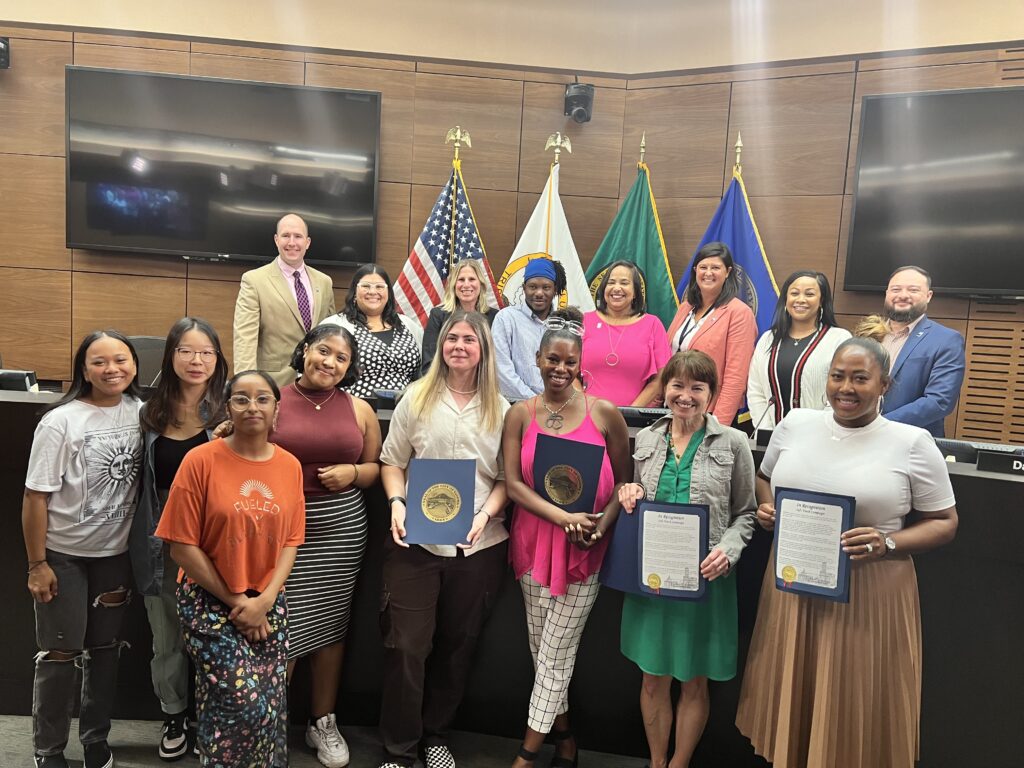
Our youth are facing a crisis, but we can address this crisis together with a united sense of purpose. There will undoubtedly be stumbling blocks along the way, but we have the utmost faith that our effort will reflect the sum total of our collective energies, ideas, time and resources directed toward the common goal of keeping Tacoma’s youth safe.
How Free School Meals Help All Students

All students in Tacoma Public Schools will get free breakfast and lunch, regardless of income status.
Washington Legislature Concludes 2022 Session
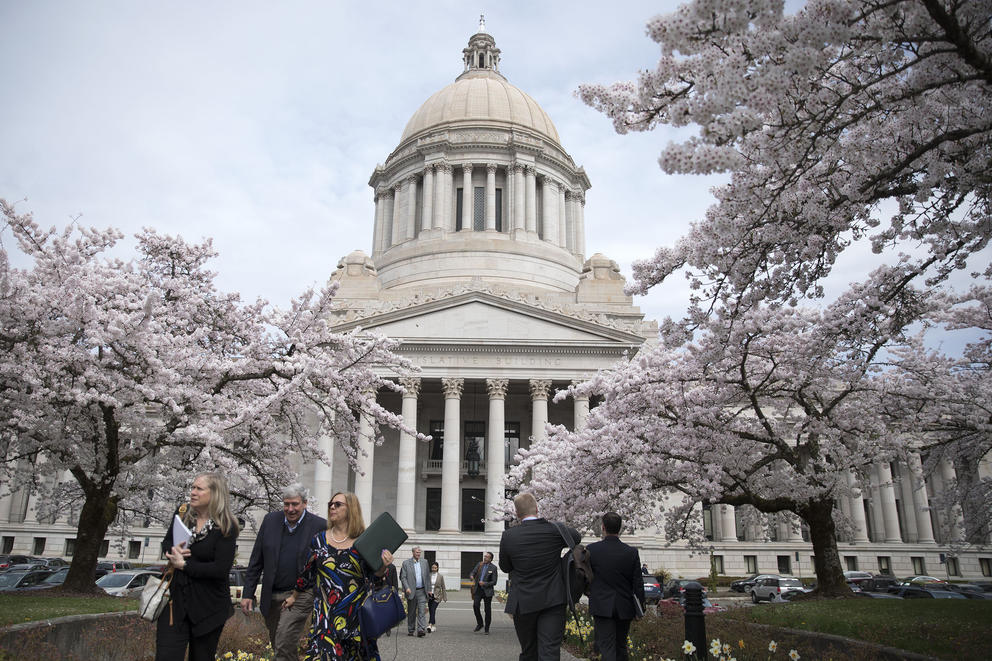
The biggest development under this priority was a nearly $126 million dollar investment in the Working Connections Child Care program. There were two other notable gains under this priority. First is a $14.6 million dollar investment in the Early Childhood Education and Assistance Program (ECEAP), which is the state’s pre-kindergarten program for 3- and 4-year-old children from low-income families.
